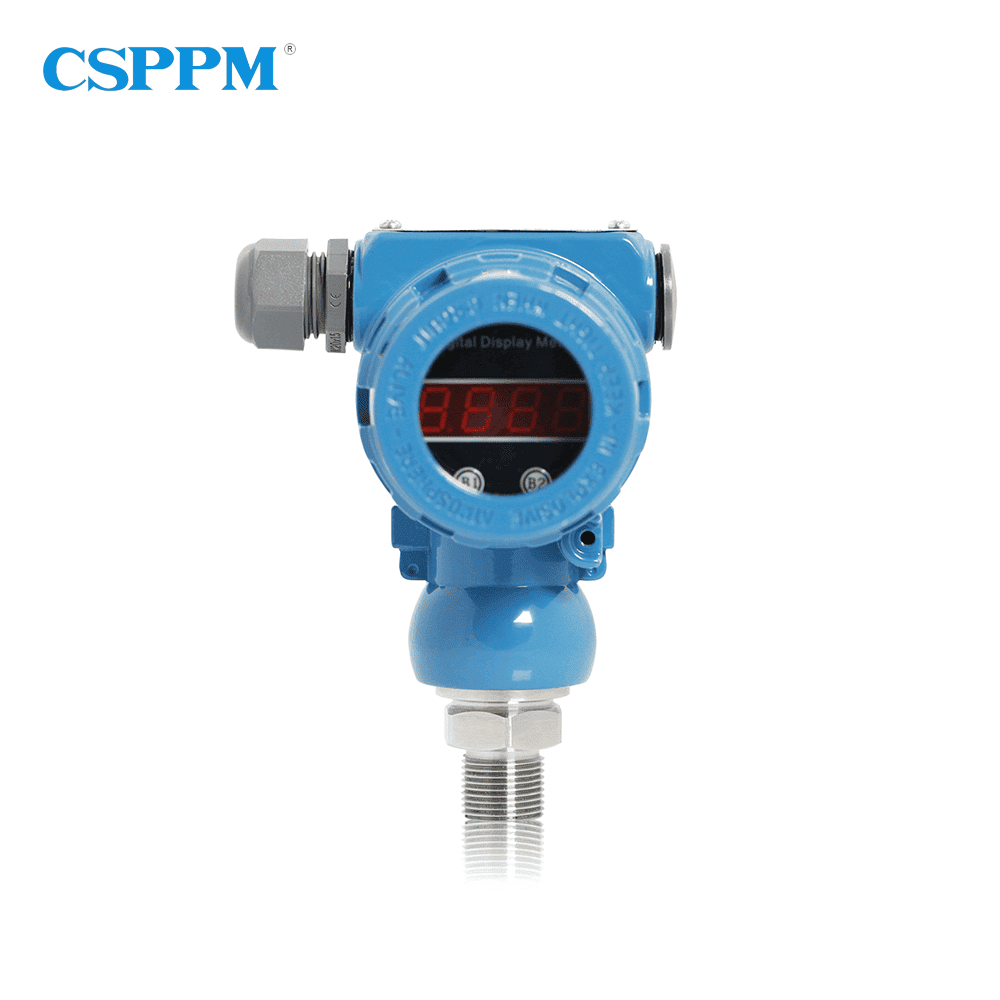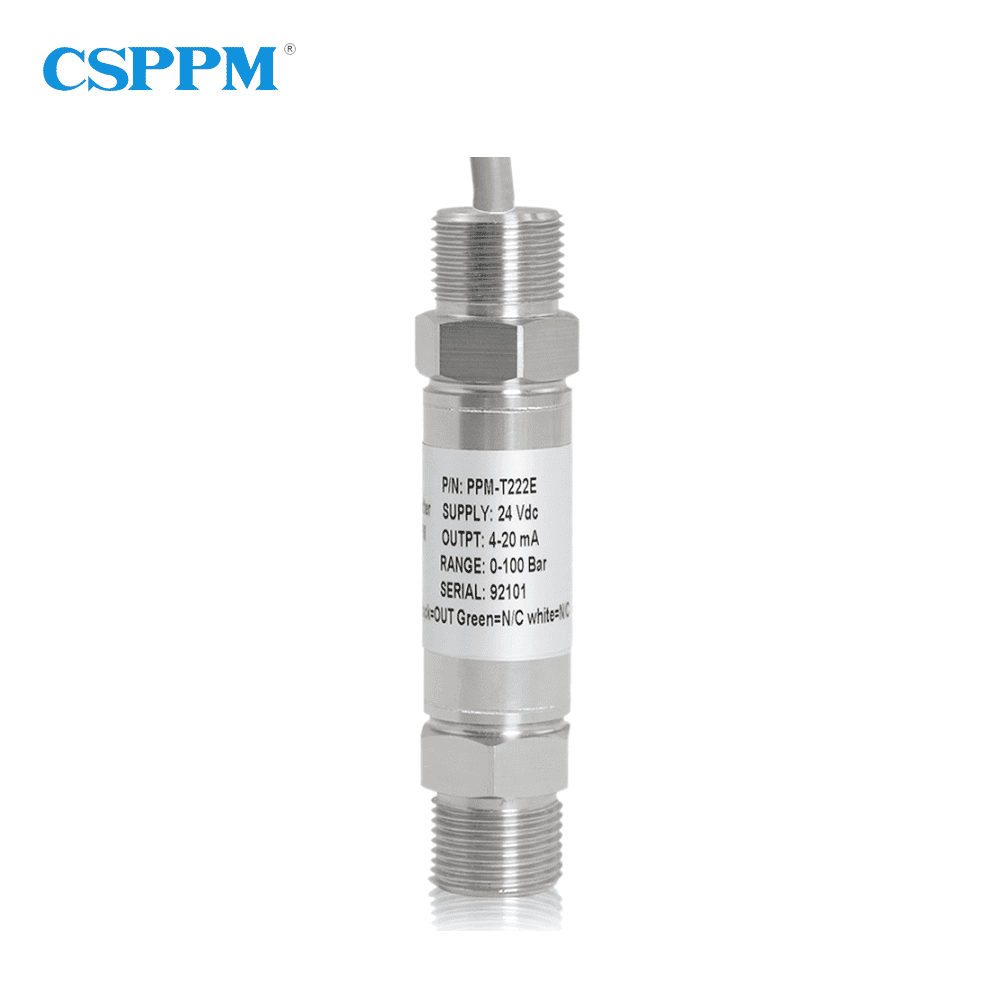In industries where risk lurks in every shadow, safety becomes paramount—especially when dealing with pressure sensors capable of operating in explosive environments. A critical component in these settings, the explosion proof pressure sensor, plays a vital role in ensuring the safety of workers and machinery alike. Yet, why do failures always occur during the most crucial tasks? How can the very sensors designed to safeguard us occasionally falter? Through data collection and technological advancement, these questions reveal the landscape of our industrial safety measures.

Traditional Solutions: The Flaws Awaiting Discovery
Traditionally, sensors would often falter under extreme conditions, leading to catastrophic failures. Poor biocompatibility and susceptibility to environmental variables rendered these devices inadequate for many industrial applications. These shortcomings are not merely irritating—they pose significant risks that could lead to devastating accidents. Many have experienced lost productivity and financial setbacks because of sensor malfunctions. Witnessing disasters sparked by defective mechanisms makes it evident that a profound change is necessary in how we approach pressure measurement technology.
Navigating New Technology: The Rise of Modern Principles
Enter the innovative wave of explosion proof pressure sensors that leverage advanced materials and cutting-edge engineering principles. Designed with flameproof casings and rigorous testing standards, these sensors effectively prevent ignition of explosive gases that may surround them. This new breed of sensors operates on principles far beyond their predecessors, focusing on edge computing nodes that provide real-time data without delay. The reliability and sensitivity encapsulated in these technologies show an evolution in safety protocols previously thought unattainable. Is this not a beacon of hope for safety in high-risk industries?
User Benefits: The Quantified Advantages
Implementing modern explosion proof pressure sensors can significantly reduce the risk of accidents in volatile environments. Companies report a vast decrease in downtime—from 20% to as low as 5%—and a marked improvement in employee safety. By integrating these devices, businesses bolster their operational efficacy while safeguarding their most valuable asset: their workforce. The long-term financial benefits gained from fewer disruptions and enhanced safety profiles are almost immeasurable. So look, it’s simpler than you think; integrating state-of-the-art sensors leads to an empowered workplace.

Conclusion: The Path Forward
When navigating the myriad options in sensor technology, always verify these three metrics when choosing solutions: ① durability in extreme conditions, ② responsiveness in real-time applications, and ③ adherence to safety standards. By focusing on these aspects, industries can ensure they are equipped with the best solutions available. More effective sensors lead to enhanced safety and optimization—truly a worthwhile pursuit.
Understanding Flameproof Pressure Transmitters
A heftier demand lies on the capabilities of pressure transmitters than ever before. The flameproof pressure transmitter encapsulates the essence of safety in explosive environments. Built to withstand harsh conditions while ensuring that energy doesn’t ignite flammable gases, they surpass the conventional sensor’s limitations. Industries that incorporate these devices not only safeguard personnel but also streamline operations—an essential harmony, wouldn’t you think? Each element of the flameproof pressure transmitter is crafted with precision and intent, making it a key player in maintaining secure working environments. Learn more about its transformative capability through the flameproof pressure transmitter.
The Promise of Low Power Pressure Sensors
In a world increasingly reliant on energy efficiency, low power pressure sensors have emerged as an innovative solution to the challenges faced in energy-intensive industries. These sensors offer profound operational advantages; their reduced energy requirements contribute not only to ecological sustainability but also cost-effectiveness. With intelligent design, they promise longevity and reliability, effectively serving their purpose in various applications from HVAC to process industries. By ensuring efficiency without compromising performance, the low power pressure sensor truly exemplifies the future of technology. When you consider the potential for significant energy savings and operational efficiency, could there be a better choice? Discover how they can revolutionize your workflows with the low power pressure sensor.
In conclusion, navigating the intricate world of explosion proof pressure sensors reveals a landscape ripe with potential. The shift from traditional to modern technology not only enhances safety standards but also leads to operational efficiencies previously considered unattainable. As we consider our options, investing in reliable brands is crucial—the name CSSPM Sensor stands out as a beacon of quality and reliability in sensor manufacturing. With superior design and supply advantages tailored to meet industry challenges, consider exploring CSSPM Sensor’s offerings to further elevate your safety protocols by visiting CSSPM Sensor.

